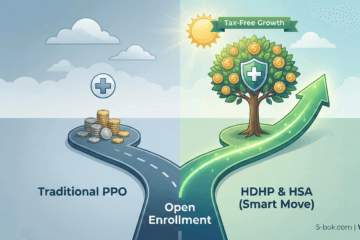The standard line we’ve all heard by now is that money can’t buy happiness.
But we all inherently understand that not having money can bring suffering.
Using wealth to seek happiness involves accumulating money, then making intentional choices that enhance life satisfaction and well-being with that money.
- Prioritize Experiences Over Material Goods: Spending money on experiences, such as travel, hobbies, or dining out, often brings more joy than purchasing material items. Experiences tend to create lasting memories and can lead to greater long-term happiness (Psychology Today).
- Invest in Relationships: Allocate resources to spend quality time with family and friends. This might include dining out, going on trips together, or even just hosting gatherings at home. Strong social connections are consistently linked with higher levels of happiness (The Atlantic). Think also about the other “love languages” that require money.
- Use Money to Free Up Time: Consider outsourcing tasks you dislike or that consume a lot of your time. Money = Time. This can free up time for activities you enjoy and reduce stress (Psychology Today) – or pursue what you feel is important in life.
- Leverage Money for Health and Well-being: Invest in tools or services that promote a healthy lifestyle, such as exercise, healthy whole foods, or mental health services. Physical and mental health are crucial components of happiness (Psychology Today) (The Atlantic).
- Be Generous: Spending money on others, whether through gifts, donations, or acts of kindness, can increase your own happiness. Altruistic behavior activates areas in the brain associated with pleasure and reward (The Atlantic).
- Engage in Simple Pleasures: Sometimes, small, thoughtful purchases that improve your daily life can make a big difference. For instance, buying a comfortable chair for reading or good quality kitchen equipment can enhance everyday experiences (Psychology Today).
- Invest in Personal Growth: Spend on education, books, courses, or workshops that can help you grow personally and professionally. Personal development not only improves skills and knowledge but also boosts self-esteem and fulfillment (The Atlantic).
- Avoid the Comparison Trap: Be mindful of how you compare your wealth and lifestyle to others. Instead, focus on what truly brings you joy and satisfaction. This mindset can help maintain a positive perspective on your financial situation (Psychology Today).
By thoughtfully allocating your resources to areas that enrich your life and the lives of others, you can use wealth as a tool for enhancing happiness rather than merely accumulating it. Remember, it’s not the amount of money you have, but how you use it that matters most in achieving a fulfilling life.



0 Comments